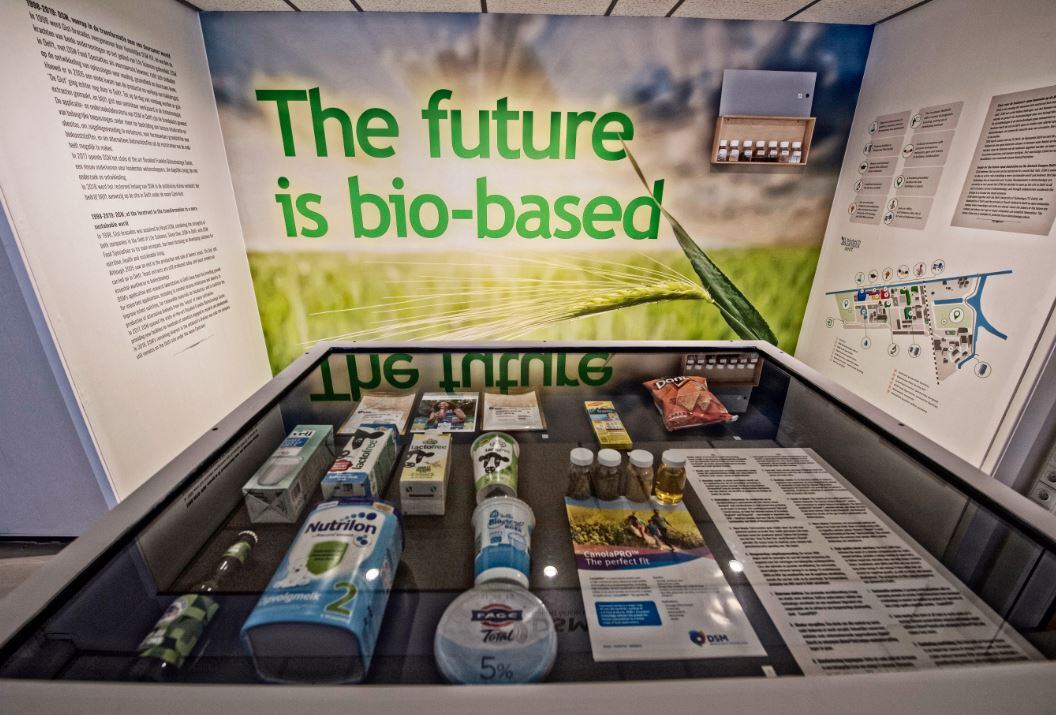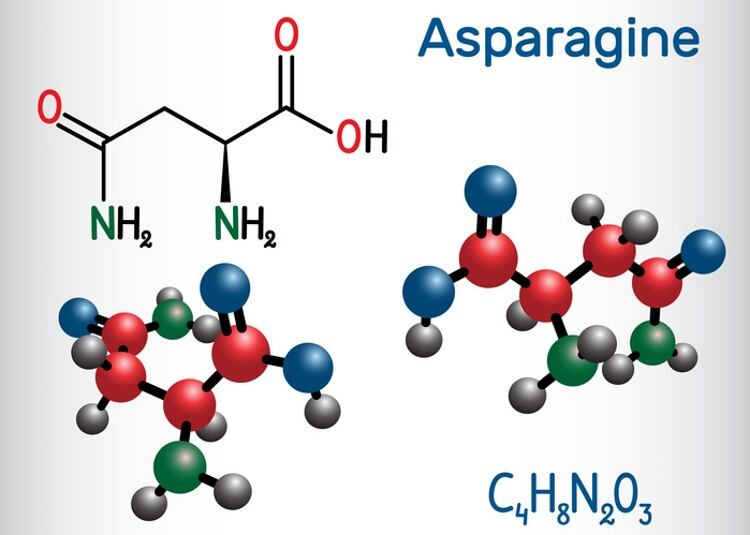The science-based nutrition, health and sustainable living company was founded in Delft in the Netherlands almost two centuries ago by Jacques van Marken, who identified a gap in the market for a consistent and reliable supply of baker’s yeast.
He established the Royal Dutch Yeast and Spirit Factory specifically to produce a baker’s yeast, but over time, the company evolved into one of the top three companies in the world in the industrial biotechnology sector.
DSM’s nutrition business nowadays represents 70% of DSM’s net sales.
Natural preservation
Many of its innovations have found their way into society, such as the strain and process for the large-scale production of penicillin, a natural preservative widely used to protect foods from spoilage, as well as enzymes, cultures and savory flavors.
Company milestones
1869 Company founded as the Nederlandsche Gist- en Spiritusfabriek
1885 Koningsgist registered as one of the world’s first trademarks
1944 Penicillin was mass produced in Delft in secret, under the code name Bacinol
1954 DSM discovers natamycin, a natural antifungal agent that blocks the growth of yeast and molds
2000 Company attains world leading position in yeast and savory products
2003 DSM develops PreventASe, a first-generation asparaginase enzyme for acrylamide mitigation
2005 Company divest bakery products businesses to fully focus on enzyme solutions
2017 DSM opens states-of-the-art Rosalind Franklin Biotech Center in Delft
“We still produce baker’s yeast today. It’s connected also to the Delft city and for a lot of people in Delft, it means a lot,” Fokke van Den Berg, business director Baking, DSM Food Specialities, told BakeryandSnacks.
We were invited to join DSM’s celebrations at its headquarters in Delft, which focused on how the industry could ‘future-proofing’ itself, amidst the current decline in bread consumption.
The pace of change in the market is higher than ever, said Van Den Berg, and producers need to be able to quickly anticipate and adapt to consumer demand for more choice, more convenience, more benefits.
“Let’s make sure we connect to consumers and to our customers. For sure, [this means] health. Health is crucial and always will be,” he said.
Improving bread’s perception
According to Katya Witham, global food & drink analyst with Mintel, one avenue to improve bread’s perception is by boosting its health connotations.
“We are seeing one movement towards bread products that are carrying certain functional and nutritional qualities – bread that is fortified,” she said, noting digestive health, for example, has been a prominent focus of late by bread producers.
Other examples that would add to the staple’s health halo included low-FODMAP – the next gluten-free trend? – DNA personalized bread, the inclusion of vegetables and kefir. Another important factor could be portion control.
“We’ve seen a movement towards ‘Thinz’ and flatbreads and wraps as a way of controlling the amount of bread intake – which [all] clearly fit in with the consumer demands,” said Witham.
Zszuszan Proof, campaign coordinator at Nederlands Bakkerij Centrum, told us a targeted multimedia marketing campaign by the Netherlands and Belgium has yielded some positive results.
“Instead of a continuous decline, we first saw a stabilization and now we’re even seeing an increase [in bread consumption in the two countries],” she said.
“The rule of thumb is that consumer’s don’t want to see ingredients on the label that they cannot pronounce,” added Van Den Berg.
“For a long time, industry has been using a lot of additives … consumers don’t want those additives, but they still want bread that is of good quality.
“I think that’s the challenge for us as a supplier to offer solutions that can actually mimic the function and also make sure the texture and the taste are still the same.”
Such offerings include DSM's Panamore, a clean label alternative that yields consistent performance across flour types and proofing times; and PreventASe, a special class of enzymes called asparaginases, that enables manufacturers to reduce acrylamide by up to 95%.
“I’m proud of our biotechnology roots in Delft,” said Feike Sijbesma, CEO and chairman of DSM.
“The economic and environmental benefits of using microorganisms to help solve some of the biggest challenges in the world are becoming more and more apparent. Moreover, the social entrepreneurship and drive to take care of people and the society is still an intrinsic part of our company’s culture today.”
Small life, big impact
DSM has collaborated with ARTIS-Micropia, the world’s first museum of microbes, to stage a novel pop-up experience entitled ‘Small Life, Big Impact: microbes shape our world.’
The walk-through event tracks the crucial role microbes and biotechnology play in enabling life on earth, as well as in tackling some of the world’s greatest challenges around climate and energy, circularity and food security.
The company is also showcasing a guided tour through its 150-year history, from film footage from the factory floor 150 years ago to photographs, equipment and documents and even anecdotes from past and present employees.
Both pop-ups are being hosted at the Het Grote Kantoor, an historic Dutch landmark at DSM’s headquarters in Delft – and are open to the public until December 15, 2019. Entrance is free.



